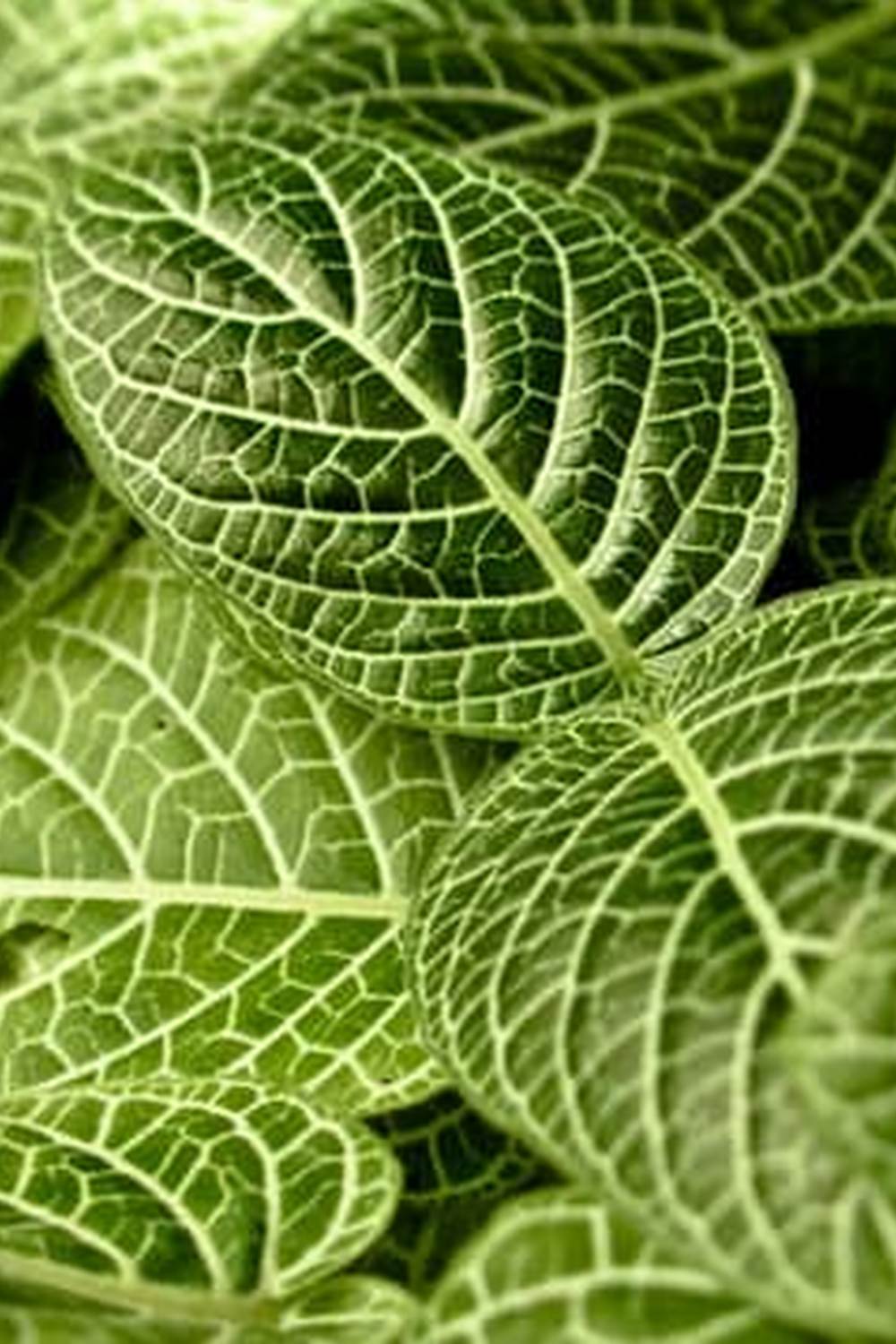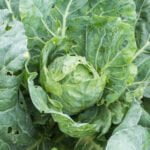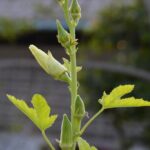Cedar mulch is a popular choice for vegetable gardens, known for its numerous benefits in enhancing soil quality and plant growth. As gardeners seek natural and sustainable options to nurture their crops, cedar mulch stands out as a reliable ally. Derived from the aromatic wood of cedar trees, this mulch not only adds a pleasant fragrance to your garden but also serves as an effective way to promote healthier vegetation.
Cedar mulch is particularly beneficial for vegetable gardens due to its ability to improve soil health, retain moisture, and suppress weed growth. By creating a protective barrier around plants, cedar mulch helps maintain consistent soil moisture levels, reducing the need for frequent watering and minimizing water loss through evaporation. Additionally, the natural compounds present in cedar can deter pests and fungal diseases, contributing to overall plant vitality.
In this article, we will delve into the details of cedar mulch – what it is, how it’s made, and why it’s a smart choice for your vegetable garden. We’ll explore the various advantages of using cedar mulch, provide practical tips on application methods, discuss different types of cedar mulch available, compare it to other common mulching materials, and highlight key mistakes to avoid.
Get ready to discover how cedar mulch can be your secret weapon for a thriving vegetable garden filled with bountiful harvests.
What Is Cedar Mulch
Cedar mulch is an organic material made from the bark of cedar trees. When the bark is shredded or chipped, it creates a mulch that is not only aesthetically pleasing but also beneficial for the health of your vegetable garden. Cedar mulch has a natural aroma that many find appealing, and it is known for its ability to repel certain insects like ants and termites, making it a popular choice for gardeners looking to protect their crops.
How Is Cedar Mulch Made?
The process of creating cedar mulch typically involves collecting discarded bark from cedar trees and then shredding or chipping it into small pieces. This results in a uniform texture that can easily be spread over the soil in your vegetable garden.
Cedar mulch is often aged before being sold to allow its aromatic oils to fully develop. This aging process not only enhances the scent of the mulch but also helps to break down any potentially harmful compounds, making it safe for use around edible plants.
The Benefits of Using Cedar Mulch in Vegetable Gardens
One of the key advantages of using cedar mulch in vegetable gardens is its ability to improve soil health. As cedar mulch breaks down over time, it releases nutrients into the soil, providing essential elements for plant growth. Additionally, cedar mulch helps to retain moisture in the soil, reducing the need for frequent watering during hot summer months.
Furthermore, thanks to its dense nature, cedar mulch acts as a barrier against weed growth, keeping your vegetable garden free from competing plants that can threaten the health of your crops. Overall, incorporating cedar mulch into your gardening routine can lead to healthier soil and more bountiful harvests.
Benefits of Cedar Mulch for Vegetable Gardens
Cedar mulch is a popular choice for vegetable gardens due to its numerous benefits that can help improve soil health, retain moisture, and prevent weed growth. One of the key advantages of using cedar mulch in vegetable gardens is its natural ability to break down over time, enriching the soil with organic matter and nutrients essential for plant growth. As cedar mulch decomposes, it releases beneficial compounds into the soil, promoting a healthy environment for your vegetables to thrive.
Improving Soil Health
Cedar mulch acts as a protective layer on top of the soil, helping to regulate temperature and moisture levels. This can create a more stable environment for beneficial microorganisms to flourish, which in turn helps improve soil structure and fertility. Additionally, as cedar mulch breaks down, it adds essential organic matter to the soil, enhancing its overall health and productivity. The acidic nature of cedar also provides an ideal growing environment for acid-loving plants such as tomatoes and peppers.
Retaining Moisture
One of the biggest challenges gardeners face is maintaining consistent moisture levels in the soil. Cedar mulch acts as a barrier that helps prevent water evaporation from the soil, allowing your vegetables’ roots to access moisture more effectively.
This can be especially beneficial during hot summer months or periods of drought when water conservation is crucial for plant survival. By using cedar mulch in your vegetable garden, you can reduce the frequency of watering while ensuring that your plants remain well-hydrated.
Preventing Weed Growth
Weeds are not only unsightly but can also compete with your vegetables for essential nutrients and resources. Cedar mulch serves as a natural weed barrier by blocking sunlight from reaching weed seeds beneath the surface of the soil. This inhibits weed germination and growth, reducing the need for manual weeding and helping your vegetable plants thrive without unwanted competition.
Additionally, as cedar mulch decomposes over time, it continues to suppress weed growth by creating an inhospitable environment for weeds to take root in your garden beds. By incorporating cedar mulch into your vegetable garden maintenance routine, you can enjoy healthier crops with minimal weed interference.
How to Use Cedar Mulch in Vegetable Gardens
Cedar mulch is a great option for mulching vegetable gardens due to its many benefits. When using cedar mulch in your vegetable garden, it is important to follow some key tips to ensure that you are getting the most out of this natural mulching material.
Here are some tips on how to properly apply cedar mulch in your vegetable gardens:
- Prepare the soil: Before applying cedar mulch, make sure to prepare the soil by removing any weeds or debris. It is also a good idea to add any necessary amendments or fertilizers at this stage.
- Apply a layer of mulch: Spread a layer of cedar mulch around your vegetable plants, making sure to leave a small gap around the stems of the plants to prevent rotting. Aim for a thickness of about 2-3 inches for optimal benefits.
- Reapply as needed: Over time, the cedar mulch will decompose and break down. It is important to periodically check the mulch and reapply as needed to maintain an effective protective barrier for your vegetable garden.
By following these tips on how to use cedar mulch in your vegetable gardens, you can help improve soil health, retain moisture, and suppress weed growth effectively. Additionally, the natural aroma of cedar can act as a deterrent for certain pests, adding another layer of protection for your precious vegetables. Consider incorporating cedar mulch into your gardening routine for healthier and more bountiful harvests.
Choosing the Right Cedar Mulch
Cedar mulch is an excellent choice for vegetable gardens due to its numerous benefits, including improving soil health, retaining moisture, and preventing weed growth. When it comes to choosing the right cedar mulch for your vegetable garden, there are several factors to consider. Here are some different types of cedar mulch options and tips on how to select the best one for your garden:
- Cedar Chips: Cedar chips are larger in size and provide good insulation for the soil. They break down slowly, which means they don’t need frequent replacement.
- Cedar Shavings: Cedar shavings are finer in texture compared to chips and can decompose more quickly. They are great for adding a decorative touch to your garden beds.
- Cedar Bark Mulch: Cedar bark mulch is a popular choice due to its natural appearance and ability to retain moisture well. It also has a pleasant aroma that can deter pests.
When selecting cedar mulch for your vegetable garden, consider the specific needs of your plants, as well as the overall aesthetic you want to achieve in your garden. Choose a type of cedar mulch that will not only benefit your plants but also enhance the overall look of your garden space.
It’s important to keep in mind that cedar mulch should be applied correctly to maximize its benefits. Make sure to spread the mulch evenly around your vegetable plants, leaving some space around the stems to prevent them from rotting.
Always apply a layer of compost or fertilizer before adding cedar mulch to ensure that your plants receive adequate nutrients for healthy growth. By choosing the right type of cedar mulch and applying it properly, you can create a thriving vegetable garden that will yield abundant harvests year after year.
Cedar Mulch vs Other Mulches
When it comes to choosing the right mulch for your vegetable garden, cedar mulch stands out as a top contender. Its unique properties and benefits make it a popular choice among gardeners looking to improve the health and productivity of their plants. One of the key advantages of using cedar mulch in vegetable gardens is its natural ability to repel pests like insects and certain fungi, thanks to its aromatic oils.
In comparison to other popular mulches such as pine bark or straw, cedar mulch offers distinct advantages. While pine bark may break down more quickly and require more frequent replenishing, cedar mulch has a longer lifespan due to its natural resistance to decay and decomposition. This means that less maintenance is needed, allowing you to enjoy the benefits of mulching without constantly having to replace it.
Another benefit of cedar mulch over other options is its ability to regulate soil temperature effectively. Cedar mulch can help keep soil cooler during hot summer days and provide insulation during colder periods, creating a more stable environment for your vegetable plants.
Additionally, the slow decomposition rate of cedar mulch means that it won’t compete with your plants for nitrogen in the soil as much as faster-decomposing materials like straw or grass clippings might. Overall, when considering which type of mulch to use in your vegetable garden, cedar mulch proves to be a versatile and effective choice that can contribute significantly to the overall health and success of your crops.
Common Mistakes to Avoid When Using Cedar Mulch
Using cedar mulch in vegetable gardens can bring about numerous benefits, including improved soil health, moisture retention, and weed prevention. However, there are common mistakes that gardeners might make when using cedar mulch that can hinder its effectiveness. One of the main mistakes to avoid is not applying the mulch with the proper thickness.
Cedar mulch should be spread at a depth of around 2-3 inches to ensure optimal results. Thicker layers can prevent water from reaching the soil, while thinner layers may not provide enough protection against weeds.
Another crucial mistake to steer clear of is piling cedar mulch directly against plant stems or tree trunks. This practice, known as “volcano mulching,” can lead to excess moisture accumulation around the base of plants, potentially causing root rot or other diseases. It is essential to leave a space of several inches between the mulch and plant stems to allow for proper air circulation and prevent moisture-related issues.
Furthermore, failing to replenish cedar mulch regularly is a common mistake that can diminish its effectiveness over time. As cedar mulch decomposes, it provides valuable nutrients to the soil and helps maintain weed suppression.
To ensure continued benefits, gardeners should plan on replenishing their cedar mulch once or twice a year, depending on how quickly it breaks down. By avoiding these common mistakes and following best practices for using cedar mulch in vegetable gardens, gardeners can maximize the benefits of this natural resource for their plants.
| Common Mistakes | Impact |
|---|---|
| Improper Thickness | Prevents water from reaching soil or inadequate weed protection |
| Volcano Mulching | Excess moisture near plant stems leading to root rot or diseases |
| Failure to Replenish | Losing nutrients and weed suppression benefits over time |
Success Stories
Cedar mulch is known for its many benefits in vegetable gardens, making it a popular choice among gardeners. One of the key advantages of using cedar mulch in vegetable gardens is its natural ability to improve soil health. As cedar mulch breaks down slowly, it releases essential nutrients into the soil, promoting healthy growth for vegetables. Additionally, cedar mulch acts as a natural insulator, helping to regulate soil temperature and protect plant roots from extreme weather conditions.
Another significant benefit of utilizing cedar mulch in vegetable gardens is its moisture-retention properties. Cedar mulch helps retain moisture in the soil, reducing the need for frequent watering and ensuring that plants have a consistent water supply. This feature is particularly advantageous during hot summer months when water evaporation rates are high. By maintaining adequate soil moisture levels, cedar mulch can contribute to healthier and more robust vegetable plants.
Furthermore, cedar mulch serves as an effective weed suppressant in vegetable gardens. The natural oils found in cedar wood act as a deterrent to weed growth, helping to minimize competition for nutrients and resources among vegetables. This ultimately reduces the amount of time and effort required for weeding, allowing gardeners to focus on other essential aspects of garden maintenance. With these benefits in mind, incorporating cedar mulch into vegetable gardens can lead to successful outcomes and thriving plant growth.
| Benefit | Explanation |
|---|---|
| Improves Soil Health | Cedar mulch breaks down slowly and releases nutrients into the soil. |
| Retains Moisture | Cedar mulch helps retain moisture in the soil, reducing watering needs. |
| Suppresses Weeds | The natural oils in cedar wood deter weed growth, minimizing competition with vegetables. |
Conclusion
In conclusion, it is clear that cedar mulch is a fantastic option for enhancing the health and productivity of vegetable gardens. With its natural properties, cedar mulch not only enriches soil health but also aids in moisture retention and weed prevention. Its aromatic scent and insect-repelling qualities add to the overall appeal of using cedar mulch in vegetable gardens.
Furthermore, by opting for cedar mulch, gardeners can rest assured that they are making an environmentally-friendly choice. Cedar mulch is biodegradable and ultimately contributes to the sustainability of the garden ecosystem. Its durability and long-lasting nature make it a cost-effective investment in the long run, as it requires less frequent replacement compared to other types of mulch.
In light of all these benefits, I strongly encourage readers to consider incorporating cedar mulch into their vegetable gardens. By following proper application techniques and selecting the right type of cedar mulch for their specific needs, gardeners can set themselves up for success in cultivating thriving vegetable crops. Don’t hesitate to give cedar mulch a try and experience firsthand the positive impact it can have on your gardening endeavors.
Frequently Asked Questions
Is Cedar Mulch OK for Tomato Plants?
Cedar mulch can be used for tomato plants, but with caution. While cedar mulch has benefits like deterring pests and retaining moisture, it can also affect the soil pH levels due to its natural oils.
Is Cedar Mulch Good Around Vegetable Plants?
Cedar mulch can be beneficial around vegetable plants as well. It helps in weed suppression, moisture retention, and adds nutrients to the soil as it decomposes, which can benefit the growth of vegetable plants.
What Is the Best Mulch for Vegetable Garden?
The best mulch for a vegetable garden depends on various factors such as climate, soil type, and plant needs. Organic mulches like straw, grass clippings, or compost are generally recommended as they add nutrients to the soil as they break down.

If you’re looking to get into vegetable gardening, or are just looking for some tips on how to make your current garden better, then you’ve come to the right place! My name is Ethel and I have been gardening for years. In this blog, I’m going to share with you some of my best tips on how to create a successful vegetable garden.





